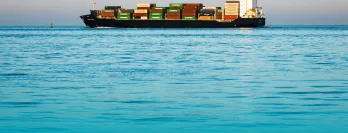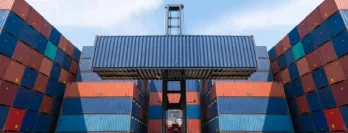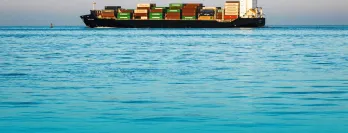
What Is Inward Processing and What Are the Benefits?
Inward processing refers to importing goods into the EU, processing these, and hereafter exporting these out of the EU. One common inward processing example is when a product is imported for repair or maintenance and is later exported to be returned to its owner.

Preferential Treatment for Imports
On January 1st 2021 a free trade agreement between the European Union and the United Kingdom has gone into effect, which will alter the way goods can be imported into the United Kingdom from the European Union and vice versa. The changes outlined below pertain to the import of goods using preferential rates.

Incoterms Explained: Ex Works (EXW)
When goods are bought or sold "Ex Works" (EXW) it means that the Seller is making the goods available at their factory or warehouse. The buyer is then free to come and pick up the goods. Ex Works places full responsibility for cost and risk with the buyer, as the buyer has to arrange everything.

Incoterms Explained: Free on Board (FOB)
When goods are bought or sold “Free on Board” (FOB) it means that the seller delivers the goods to a ship at a port previously agreed to by the seller and the buyer. The seller loads the goods onto the ship. The buyer then takes care of the import formalities and transportation to the final destination. Free on Board is one of the oldest Incoterms. It dates back to when goods were carried by sailing ships and it was one of the terms when the Incoterms were first released in 1936. It is also one of the most used commercial terms.

Incoterms Explained: Delivery Duty Paid (DDP)
When goods are bought or sold “Delivery Duty Paid” (DDP) it means that the Seller delivers the goods to a place previously agreed to by the seller and the buyer. This can be any location. The agreed place of delivery (e.g. the terminal) needs to be specifically named.















